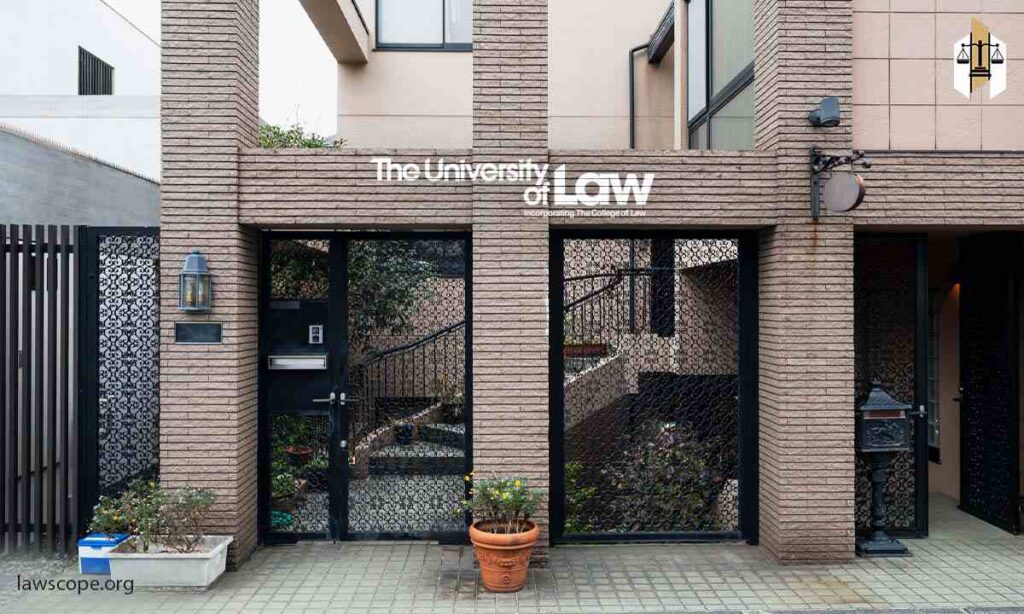
In today’s dynamic and competitive job market, professional success hinges crucially on career development and advancement.
Individuals must actively manage their careers, persistently learning new skills while strategically positioning themselves for growth opportunities.
This article explores the significance of career development: it presents actionable strategies—a roadmap, if you prefer—to steer towards a prosperous future.
Understanding Career Development
Enhancing skills, pursuing advancement opportunities, and managing one’s professional journey form the continuous process of career development.
This discipline demands: setting goals; acquiring pertinent experience – seeking mentorship— all in tandem with adapting to dynamic trends within the industry.
The trajectory of career progress doesn’t adhere to a linear path–instead, it represents an unending odyssey characterized by exploration and self-improvement.
Assessing Personal Strengths and Interests
Individuals initiate career development through self-assessment: they introspectively scrutinize their strengths, interests, values, and long-term aspirations.
This process crucially hinges on self-awareness; it enables them to identify potential career paths that align with their skills and passions.
Personality assessments, skills inventories – indeed even career aptitude tests– offer invaluable insights into suitable vocational choices.
Setting Clear Goals and Objectives
Upon identifying their strengths and interests, individuals can establish clear, achievable career goals. These objectives should adhere to the SMART principle: they must be specific; measurable; attainable – all within a defined timeframe – and relevant.
Well-defined objectives provide indispensable direction and motivation during the process of career development, whether one aspires for promotion or seeks to change careers or acquire new skills.
Seeking Continuous Learning and Skill Development
In the rapidly evolving contemporary job market, continuous learning indispensably fuels career growth. Actively seeking out opportunities to acquire fresh knowledge and skills that dovetail with their respective fields is a must for individuals: this might involve attending workshops; earning pertinent certifications; pursuing advanced degrees—or engaging in online courses.
By actively investing in their professional development, individuals augment both their value and adaptability within the workplace.
Building a Strong Professional Network
Networking critically determines career development: it necessitates the establishment of relationships with colleagues, mentors and industry professionals–even peers.
This process unveils a plethora of opportunities; illuminating insights emerge and collaborations take root. Indeed, networking manifests itself through diverse channels including professional associations; social media platforms- industry events and informational interviews: all are integral components in this vital procedure.
People actively expand their networks to avail themselves of a wealth of valuable resources and unwavering support throughout their careers.
Seeking Mentorship and Guidance
In the realm of career development, mentorship truly manifests its inherent value: mentors – leveraging their personal experiences and expertise – provide not just guidance but also advice and perspective.
These invaluable assets mitigate against the complexities in navigating professional challenges; and offer an illuminating view into potential career trajectories; moreover, they function as indispensable critiquers for objectives related to professional growth.
Actively aspiring individuals must pursue these mentors who serve as inspirations while concurrently sharing aligned values—a partnership elevated by sought-after wisdom and insights that remain a pivotal component in all fruitful alliances.
Taking Risks and Embracing Challenges
Individuals frequently necessitate venturing beyond their comfort zones, strategically embracing risks, and enthusiastically accepting novel challenges to advance in their careers.
This may involve pursuing stretch assignments; volunteering for leadership opportunities—or actively seeking roles that push boundaries while fostering growth.
By embracing these difficulties, individuals can cultivate resilience and expand their capabilities: they position themselves strategically toward future success.
Adapting to Change and Seizing Opportunities
In the rapidly evolving modern world, adaptability presents itself as an essential skill for successful career development: individuals should demonstrate a readiness to embrace change; they require versatile approaches – and must seize opportunities when these arise.
This might call for exploration into burgeoning industries, adoption of new technologies–and potentially even relocating in pursuit of optimal professional growth.
By staying nimble and responsive to market trends, individuals can position themselves as leaders in their respective fields.
Balancing Work and Personal Life
Indeed, prioritizing career development remains crucial; however, maintaining an optimal work-life balance proves equally essential. Individuals must prioritize self-care: engaging in leisure activities and nurturing meaningful relationships outside their professional sphere.
These elements—forming a balanced lifestyle—are dynamic factors that amplify overall well-being, cultivate productivity, and ignite creativity; they also boost job satisfaction.
Employers actively promote a balanced work-life by offering flexible schedules, remote work options, and wellness programs: this underscores their crucial role in enhancing employee well-being.
Embracing Diversity and Inclusion Initiatives
Diversity and inclusion crucially shape career development in today’s globalized workforce. Actively engaging with diverse perspectives, cultures, and experiences is a mandate for individuals to cultivate an inclusive workplace environment.
Embracing diversity enhances one’s cultural competence; and broadens their networks – thereby providing access to a more extensive array of opportunities.
Legal Representation
The role of an employment lawyer is to actively serve as a crucial allies for both employees and employers in a myriad of workplace-related issues.
Their role extends beyond mere consultation; they offer indispensable guidance to navigate through complex employment laws, regulations – even contractual agreements.
These professionals negotiate pivotal aspects such as employment contracts or severance agreements; furthermore, their involvement is paramount when it comes to litigating cases involving discrimination, harassment, wrongful termination or wage disputes: thus playing an integral part in safeguarding clients’ rights–and interests.
Employment lawyers, with their deep knowledge and experience in labor and employment law, ensure fair treatment; they secure compliance with legal obligations–resolving disputes through mediation, arbitration or litigation when necessary.
These experts provide strategic counsel along with workplace representation to help clients achieve favorable outcomes: upholding workplace rights is paramount among these objectives.
Leveraging Technology and Digital Skills
In our rapidly evolving digital landscape, mastering technology is not just a matter of professional growth; it’s an imperative. Individuals must proactively adopt and adapt to emerging technologies like artificial intelligence, data analytics and cloud computing–this enables them to remain pertinent in their respective fields.
When they cultivate robust digital proficiency while harnessing tech tools strategically; individuals can streamline operations, boost productivity significantly – even uncover uncharted career pathways with remarkable ease.
Practicing Leadership and Emotional Intelligence
Cultivating critical skills in leadership–specifically communication, problem-solving and decision-making–is essential for career success: it enables individuals to inspire others; influence their peers.
Moreover, effective leaders display emotional intelligence; they foster workplace dynamics with self-awareness, empathy resilience – traits that build strong relationships and promote integrity-led leading within complex environments.
Honing these skills empowers individuals to excel in leadership roles; it propels them towards driving positive change within their organizations.
Continuous Learning and Skill Development
Continuous learning and skill development, are paramount for career growth in the fast-paced, ever-evolving professional landscape: individuals must adopt a growth mindset.
Actively seeking opportunities to expand their knowledge–acquiring new skills and staying abreast of industry trends and advancements is essential.
Investing in lifelong learning through formal education; online courses; workshops or professional certifications not only enhances adaptability but also fosters agility and competitiveness within the job market.
Individuals who embrace a commitment to continuous personal and professional development position themselves for success; they also seize novel opportunities for career advancement.
In conclusion, one must actively plan their career development – a perpetual journey; this planning requires continuous learning and strategic decision-making.
Through five critical steps, individuals pave the way to success in their chosen careers: they assess strengths, set goals, seek mentorship, embrace challenges and adapt to change.
Individuals who couple dedication with resilience along an unwavering commitment for personal growth not only achieve professional aspirations but also flourish within today’s fiercely competitive job market.
You May Like Also:


